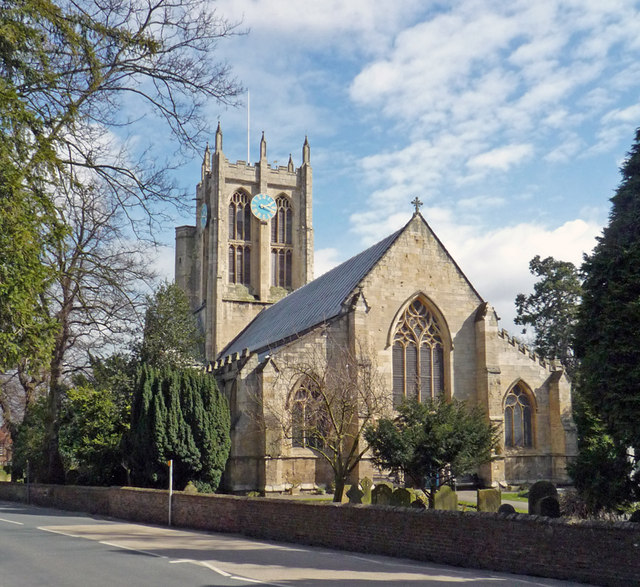Thomas De Cottingham on:
[Wikipedia]
[Google]
[Amazon]
 Thomas de Cottingham ( 1300 – 1370) was an English-born cleric and judge who held the office of
Thomas de Cottingham ( 1300 – 1370) was an English-born cleric and judge who held the office of
 Thomas de Cottingham ( 1300 – 1370) was an English-born cleric and judge who held the office of
Thomas de Cottingham ( 1300 – 1370) was an English-born cleric and judge who held the office of Master of the Rolls in Ireland
The Master of the Rolls in Ireland was a senior judicial office in the Irish Chancery under English and British rule, and was equivalent to the Master of the Rolls in the English Chancery. Originally called the Keeper of the Rolls, he was respons ...
.
He took his name from his birthplace, Cottingham, in the East Riding of Yorkshire
The East Riding of Yorkshire, or simply East Riding or East Yorkshire, is a ceremonial county and unitary authority area in the Yorkshire and the Humber region of England. It borders North Yorkshire to the north and west, South Yorkshire to t ...
. He served as a clerk in the English Chancery for more than 30 years, and was Keeper of the Great Seal in 1349. He held the livings of several parishes, of which the names of three are known for certain: these are St. Mary the Great, Cambridge
St Mary the Great is a Church of England parish and university church at the north end of King's Parade in central Cambridge, England. It is known locally as Great St Mary's or simply GSM to distinguish it from " Little St Mary's". It is one of t ...
, St. Andrew, Holborn (1343), and Ashby St Mary
Ashby St Mary, historically Ascebei, is a small village and civil parish in the English county of Norfolk. The civil parish has an area of and in the 2001 census had a population of 297 in 115 households, the population increasing to 316 in 120 ...
, Norfolk
Norfolk () is a ceremonial and non-metropolitan county in East Anglia in England. It borders Lincolnshire to the north-west, Cambridgeshire to the west and south-west, and Suffolk to the south. Its northern and eastern boundaries are the No ...
.
In 1356 he became Master of the Rolls in Ireland. He was clearly expected by his superiors to find it a thankless task since he was promised preferment both for his past services and "the labours which he would have to endure". He was promoted to the rank of clerk of the first degree in Chancery, and subsequently became a Master in Chancery
The Court of Chancery was a court of equity in England and Wales that followed a set of loose rules to avoid a slow pace of change and possible harshness (or "inequity") of the common law. The Chancery had jurisdiction over all matters of equ ...
, but it does not seem that he ever received any substantial reward for his services in Ireland.
He did not lack friends in the Dublin
Dublin (; , or ) is the capital and largest city of Ireland. On a bay at the mouth of the River Liffey, it is in the province of Leinster, bordered on the south by the Dublin Mountains, a part of the Wicklow Mountains range. At the 2016 c ...
Government, and in 1356, during a period of confusion about clerical promotions, he was appointed joint prebendary
A prebendary is a member of the Roman Catholic or Anglican clergy, a form of canon with a role in the administration of a cathedral or collegiate church. When attending services, prebendaries sit in particular seats, usually at the back of th ...
of Kilmolran and Desart, in the Diocese of Lismore. However, his opponents objected to the appointment as irregular and in 1357 King Edward III cancelled it.
He was at Westminster
Westminster is an area of Central London, part of the wider City of Westminster.
The area, which extends from the River Thames to Oxford Street, has many visitor attractions and historic landmarks, including the Palace of Westminster, B ...
, in attendance on the King, in February 1369: the ''Gascon Rolls'' note briefly that he "received the attorneys"''Gascon Rolls 6 February 1369'' He died in 1370.
References
Sources
* {{DEFAULTSORT:Cottingham, Thomas de People from Cottingham, East Riding of Yorkshire 1300s births 1370 deaths Masters of the Rolls in Ireland